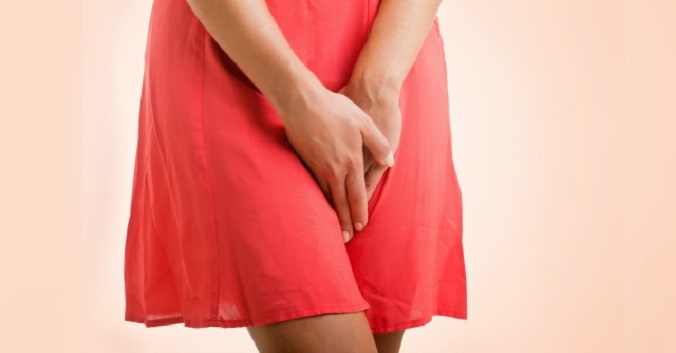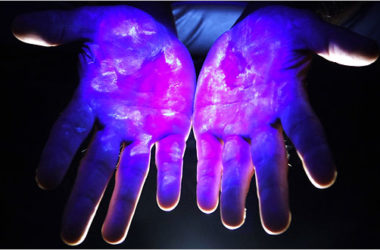Scratching your cookie in public is not really appropriate in any situation. The itch down there can be incredibly frustrating when it happens and most of the time it happens out of nowhere. You aren’t really safe from any occasion or attire. So, where exactly does vaginal itch come from and why it happens? There are numerous causes for vaginal itching such as using the wrong period products, hygiene or some cause a symptom of a serious health issue. We’ve listed a simple guide to the probable causes of vaginal itching and ways to treat them.
Yeast Infection
The normal pH level of the vagina should be below 4.7. This means that it pushes toward the acidic side of the scale. Our body’s contain lactobacilli or good bacteria. These good bacteria help keep maintain the acidity level in our private parts. This keeps yeast infection away. When the vagina starts to lose its acidity, yeast can then build up leading to an infection. The acidity levels can drop due to numerous reasons. One of the most one is through antibiotics, this removes bacteria in the body even the lactobacilli. To help balance this you have to take probiotics. Yeast can also multiply in moist and warm environments such as the vulva. This can result in a white cheese like discharge and itching around the vaginal opening and labia. If you are pregnant or never experienced it before, go to your health care professional. Get yourself checked out. If you’ve experienced it in the past or have recurring yeast infection try our anti-fungal creams, Epsom salt baths and reduce sugar intake. If the itching doesn’t go away with the cream for more than 4 days, go to your doctor. This can be more than a yeast infection.
Douching
Douching is an ill advised habit. Not only does it make you more prone to infection and diseases, it also alters your vagina’s natural pH level. This removes the food bacteria and can actually cause dangerous bacteria to enter your cavities. Douching is known to cause vaginal odor and bacterial vaginosis. Douching can also cause the vulva and the skin to dry, making it more prone to skin irritation, yeast infection and itching. The only treatment for this is to stop douching. Your vagina has the ability to cleanse itself. Let it do its job.
Vulvitis
This is a general irritation of the vulva. This can cause sensitivity in the area and often itchiness. There are different causes to vulvitis. This can be either from using soaps that are too harsh, use soaps with strong fragrances, consistent use of vaginal deodorants, using rough toilet paper or scrubbing the area way too hard. This can cause the vulva to become inflamed and easily irritated. Other causes for vulvitis is wearing clothes that are too tight, using sweaty clothes for long periods and wearing a wet bathing suit for a prolonged period. When you start to notice inflammation in your vulva avoid using any products on your genitals. Use soaps that are gentle on the skin. Avoid using cold or hot water on the genitals. Never rub it dry and use patting motions. Avoid wearing clothes that bunch up on the genital area and cleanse the nether regions after every gym session and try to change your underwear more frequently.
Skin Conditions
Common skin conditions such as eczema and psoriasis can affect the private region. Chronic skin conditions can spread through your vulva and cause irritation and itching. If the irritation does not subside with treatment or medication in a week go to your doctor for further treatment or exams. You may require stronger medication.
STDs
Calm Down. Itching is not a common symptom of sexually transmitted diseases, but it can be. Most STD’s do not have any symptoms at all. A common symptom for most STD’s is pain. People that experienced recurring STD can acquire vaginal itching. You can reduce the itching by reducing sexual contact and be diligent with medication.
Itching in the vaginal area can be uncomfortable and worrisome. Your nether regions are delicate and require a lot of attention to maintain. Thankfully, you can treat vaginal itching with different treatments or methods. Most of the time the itch happens around the vulva and the area surrounding the private part. This itching is often not dangerous. Though, if the itch is starting to create a lot of discomfort, smell or even pain. Go to your gynecologist as soon as possible. This can be a symptom of a serious health risk that require immediate attention.












